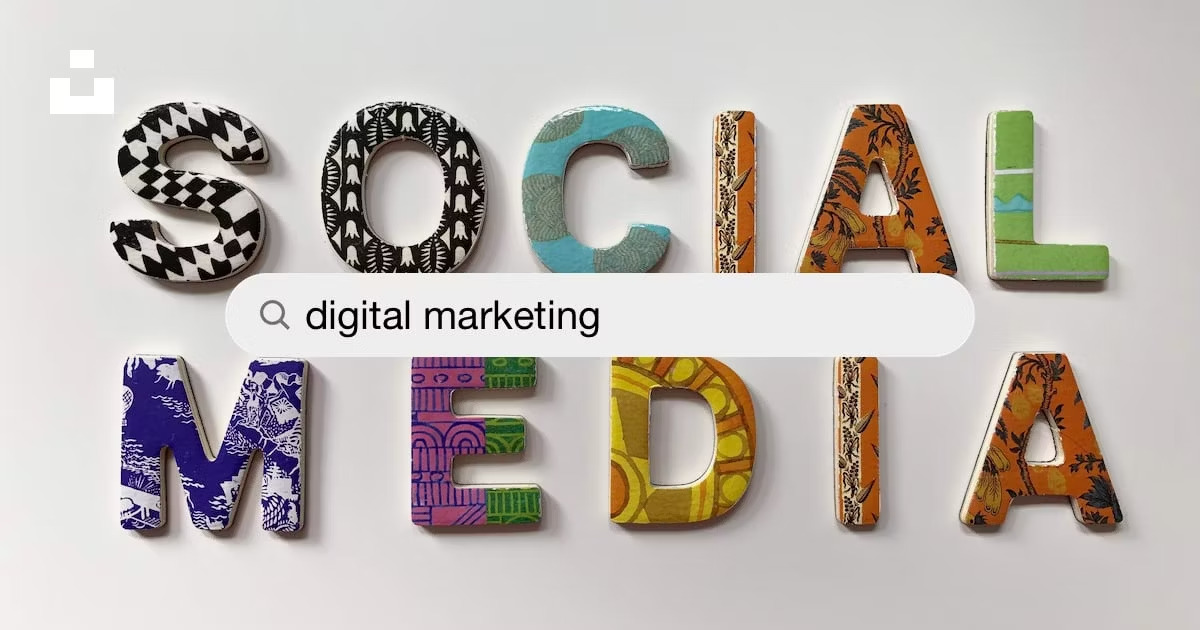In today’s digital age, search marketing has become an essential tool for businesses looking to establish their online presence and attract more customers. With search engines constantly updating their algorithms and search behavior evolving, digital agencies are tasked with navigating an ever-changing landscape. The shift from traditional SEO to SEM (Search Engine Marketing) has become a necessary step for companies to stay ahead of the competition. In this article, we will explore how digital agencies are adapting to this change and the strategies they are implementing to help their clients succeed in the world of search marketing. From keyword research to paid advertising, we will dive into the tactics that are proving successful in driving traffic and boosting conversions. So, buckle up and get ready to learn how the best in the business is staying ahead of the curve in search marketing.
Understanding SEO and SEM – What are they?
Search Engine Optimization (SEO) and Search Engine Marketing (SEM) are two critical components of digital marketing. While both tactics are used to drive traffic to a website, they differ in their approach. SEO is the process of optimizing a website to improve its ranking in search engine results pages (SERPs) organically. SEM, on the other hand, involves promoting a website through paid advertising on search engines.
SEO focuses on improving the site’s content, structure, and design to make it more appealing to search engine algorithms. SEO techniques include keyword research, on-page optimization, link building, and content creation. The goal of SEO is to drive traffic to a website by ranking higher in SERPs and increasing visibility.
SEM involves creating targeted ads that appear for specific search queries. The ads are typically displayed at the top or bottom of SERPs, identified by the “Ad” label. SEM campaigns can be run through platforms like Google Ads, Bing Ads, or Yahoo Search Marketing. The goal of SEM is to drive traffic to a website by paying for ad space and targeting specific audiences.
Benefits of SEO and SEM
Both SEO and SEM have their advantages and can be used to achieve different goals. The benefits of SEO include:
- Organic traffic: SEO can drive free, organic traffic to a website, which can result in higher conversions.
- Long-term results: SEO is a long-term strategy that can yield results for months or even years.
- Cost-effective: Unlike SEM, SEO does not require a budget for advertising spend.
The benefits of SEM include:
- Immediate results: SEM can generate traffic and results almost immediately after launching a campaign.
- Highly targeted: SEM allows for precise targeting of specific audiences, which can result in higher conversion rates.
- Flexibility: SEM campaigns can be adjusted and optimized in real-time to improve performance.
The differences between SEO and SEM
While both SEO and SEM are used to drive traffic to a website, there are significant differences between the two. SEO focuses on optimizing a website to rank higher in organic search results, while SEM involves paid advertising to promote a website. SEO is a long-term strategy that can yield results for months or even years, while SEM can generate traffic and results almost immediately after launching a campaign.
Another key difference is the targeting of audiences. SEO targets a broad audience, while SEM allows for precise targeting of specific audiences based on demographics, behavior, and interests. Additionally, SEM campaigns can be adjusted and optimized in real-time to improve performance, while SEO requires ongoing maintenance and optimization to maintain rankings.
How digital agencies are adapting to the changing search marketing landscape
Digital agencies are constantly adapting to the evolving landscape of search marketing. With search engines updating their algorithms and search behavior changing, digital agencies must stay up-to-date with the latest trends and best practices. One significant shift in recent years has been the move from SEO to SEM as companies aim to stay ahead of the competition.
Digital agencies are implementing various strategies to help their clients succeed in the world of search marketing. These strategies include:
- Keyword research: Digital agencies use keyword research tools to identify the most relevant and popular search terms for their clients.
- On-page optimization: Digital agencies optimize their clients’ website content, meta descriptions, and title tags to improve their rankings in SERPs.
- Link building: Digital agencies build high-quality links from other websites to their clients’ websites to improve their ranking and authority.
- Paid advertising: Digital agencies run SEM campaigns to generate immediate traffic and results for their clients.
Common challenges faced by digital agencies in implementing SEO and SEM strategies
Digital agencies face several challenges when implementing SEO and SEM strategies. One significant challenge is the ever-changing search engine algorithms. Search engines like Google frequently update their algorithms, which can impact a website’s ranking in SERPs. Digital agencies must stay up-to-date with these changes and adjust their strategies accordingly.
Another challenge is the competition. With so many businesses vying for the top spot in SERPs, it can be challenging to achieve and maintain a high ranking. Digital agencies must develop unique and effective strategies to help their clients stand out in a crowded marketplace.
Finally, budget constraints can be a significant challenge for digital agencies. SEM campaigns can be costly, and not all clients have the budget to invest in paid advertising. Digital agencies must find ways to optimize their clients’ budgets and achieve the best possible results.
Key SEO and SEM tools for digital agencies
Digital agencies rely on various tools to implement successful SEO and SEM strategies. Some of the key tools used by digital agencies include:
- Google Analytics: A free tool that tracks website traffic, user behavior, and other metrics.
- Google Search Console: A free tool that provides insights into a website’s performance in Google search results.
- SEMRush: A paid tool that provides keyword research, site audit, and competitor analysis.
- Ahrefs: A paid tool that provides backlink analysis, keyword research, and content analysis.
Best practices for integrating SEO and SEM
Integrating SEO and SEM can help businesses achieve the best results in search marketing. Some best practices for integrating SEO and SEM include:
- Conduct keyword research to identify relevant and popular search terms for both SEO and SEM campaigns.
- Optimize website content, meta descriptions, and title tags to improve rankings in both organic and paid search results.
- Develop unique and targeted ad campaigns that align with the website’s content and messaging.
- Analyze data and adjust campaigns in real-time to optimize performance and improve results.
Measuring the success of SEO and SEM campaigns
Measuring the success of SEO and SEM campaigns is critical to understanding their impact and making data-driven decisions. Some key metrics used to measure the success of SEO and SEM campaigns include:
- Traffic: The amount of traffic generated by both organic and paid search results.
- Conversions: The number of visitors who take a desired action on the website, such as completing a purchase or filling out a form.
- Click-through rate (CTR): The percentage of people who click on an ad or organic search result.
- Cost per click (CPC): The amount paid for each click on a paid search ad.
Conclusion – The importance of staying up-to-date with the latest search marketing trends
In conclusion, search marketing is an ever-changing landscape that requires digital agencies to stay up-to-date with the latest trends and best practices. The shift from traditional SEO to SEM has become a necessary step for companies to stay ahead of the competition. Digital agencies are adapting to this change and implementing various strategies to help their clients succeed in the world of search marketing. By understanding the differences between SEO and SEM, overcoming common challenges, and utilizing key tools and best practices, digital agencies can achieve the best results for their clients. Ultimately, staying up-to-date with the latest search marketing trends is essential for achieving success in today’s digital age.



